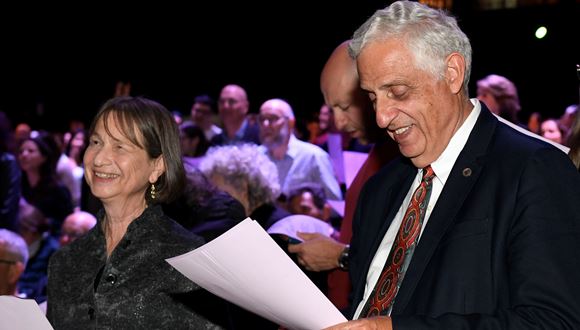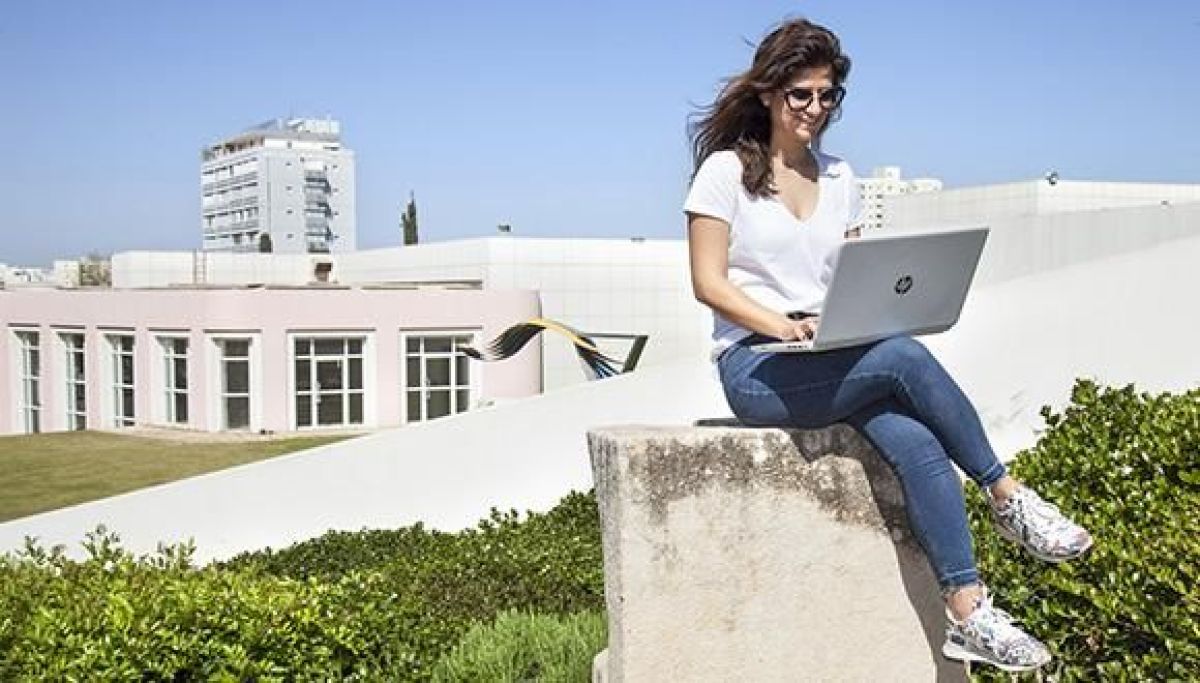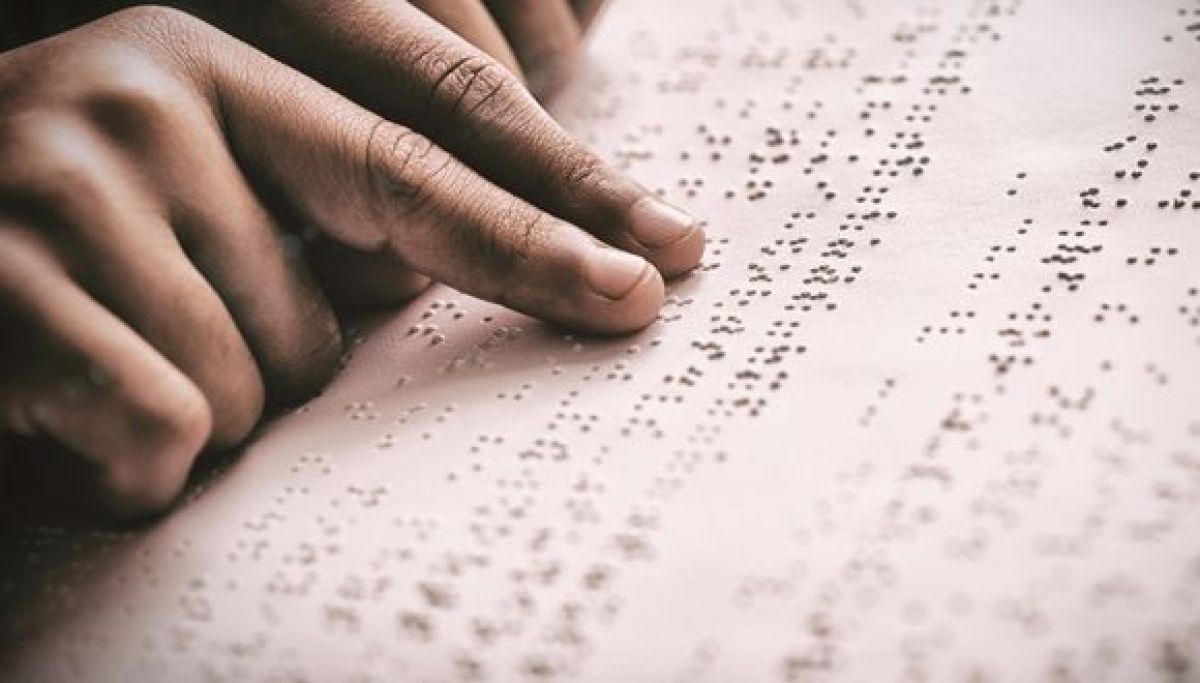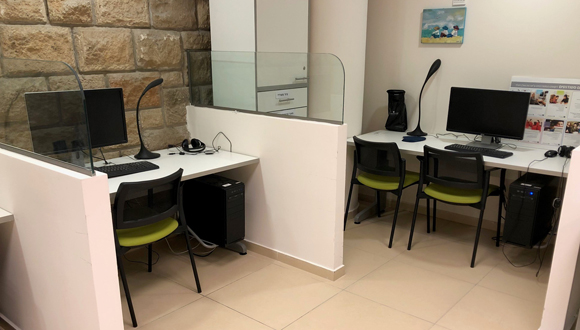The University jointly organized a solidarity event for the restoration of nature and wildlife Down Under
As a way of giving back to Australia at its time of need, Tel Aviv University co-sponsored a fundraising concert attended by 1,000 guests. The Australian Bushfire Relief evening, held jointly with the Zionist Federation of Australia, Jewish National Fund Australia (KKL) and the Australia-Israel Chamber of Commerce, took place on February 3 at Hangar 11, a gig venue at the Tel Aviv Port, a popular outdoor pedestrian area by the sea.
Income from the gathering was donated to the World Wildlife Fund for Nature (WWF), a global NGO focusing on wilderness preservation.
Keynote speaker Prof. Tamar Dayan of TAU’s School of Zoology, who also chairs the Steinhardt Museum of Natural History, described the environmental ramifications of the wildfires.
“Only now are we starting to understand the magnitude of this disaster and how it will affect us all,” said Prof. Dayan. “The physical scale of the damage is unprecedented; it is six times bigger than the outcome caused by the big wildfires in California in 2018. It is estimated that one billion animals were killed and others are at a real risk of extinction, meaning all the wildlife preservation efforts to date were reversed all at once.”

According to Dayan, no government can prepare for a natural disaster of this scope, specifically the fires’ duration and reach.
“There are many factors affecting the restoration of nature and wildlife, including the quantities of rain in the coming months and whether or not the drought lasts. The Australians are trying to assess the process of rehabilitating the damaged areas but only time will tell,” she said.
Prof. Tamar Dayan (left) and Meir Buber. Photo: Jorge Novominsky, KKL-JNF photo archive
Prof. Dayan is one of a couple dozen researchers at TAU’s George S. Wise Faculty of Life Sciences whose expertise in biodiversity, ecology, plant sciences, climate change and other fields are relevant for Australia’s rehabilitation.
“TAU enjoys a warm and longstanding friendship with Australia, its people and the Australian Jewish community,” said Meir Buber, TAU Senior Executive for Resource Development for Australia, who co-organized the event on behalf of the University. Australian organizations and individuals have supported the University generously over the years, especially for environmental causes, he stressed, and added: “Through this event we want to say thank you to the Australians for their deep rooted support for TAU.”
TAU co-organizer Gillian Rosner, Australia Liaison, added: “At the University we’ve had excellent relations with Australian business delegations, with the Australian Embassy, with Ambassador Chris Cannan and with his predecessors for years. For example, Cannan attended the Balfour Declaration centenary we hosted in 2017 at TAU. Now we’re seeing an outpouring of sympathy by Israelis for Australia.”
Vibrant and cheerful atmosphere
Donated for the evening by its owner, Melbourne-born Zev Eizik, the Hangar 11 venue hosted performances by Israeli social singing initiative Koolulam, reality show songstress Hagit Yaso, Israeli trumpet player Arik Davidov and Israeli-Australian musician Savannah Zwi. Comedian Jeremie Bracka, who is actually an Australian-Israeli human rights lawyer, performed stand-up.
Among attendees at the lively event were Ambassador Cannan, many former Aussies who immigrated to Israel, and residents of Israeli towns near Gaza who for years have received Australian support after rocket attacks. The crowd also included the Roim Rahok (“Seeing Far Ahead”) organization and its trainees, youngsters on the autistic spectrum who are prepared for integration into military service.
The book “Frank Lowy: Pushing the Limits” by Jill Margo telling the story of the Australian-born TAU benefactor was sold at the event in benefit of the WWF.
Australian Ambassador Cannan tweeted his appreciation after the fundraiser: “Thank you Israel for showing, in a big way, your support for Australia’s bushfire recovery. An amazing night of comedy, singing and fundraising for the one thousand Israelis there to support their mates from down under at a tough time.”
The crowd singing at the Australian Bushfire Relief event. Photo: Jorge Novominsky, KKL-JNF photo archive






 Was he serious about it at the time? “Absolutely not,” says Prof. Rechavi. “I didn’t think it through, and didn’t think people would be interested. It was just a tweet, I didn’t think about it for more than a few seconds.”
Nonetheless, within hours, Prof. Rechavi got responses from scientists all over the world.
Was he serious about it at the time? “Absolutely not,” says Prof. Rechavi. “I didn’t think it through, and didn’t think people would be interested. It was just a tweet, I didn’t think about it for more than a few seconds.”
Nonetheless, within hours, Prof. Rechavi got responses from scientists all over the world.
 (Colleen Murphy, molecular biologist from Princeton, and Piali Sengupta, a neurogeneticist from Brandeis)
(Colleen Murphy, molecular biologist from Princeton, and Piali Sengupta, a neurogeneticist from Brandeis)
 (Ahna Skop, geneticist from UW-Madison)
(Ahna Skop, geneticist from UW-Madison)
 (Javier Irazoqui, microbiologist from the University of Massachusetts)
Within days, Prof. Rechavi received hundreds of messages from people who wanted to participate. And so, two days after the original tweet, the idea became a reality:
(Javier Irazoqui, microbiologist from the University of Massachusetts)
Within days, Prof. Rechavi received hundreds of messages from people who wanted to participate. And so, two days after the original tweet, the idea became a reality:
 “One of the great things about Twitter,” Prof. Rechavi says, “is that it feels like a big, global community of scientists who want to learn from each other and support each other. I want the conference to feel that way too. I want it to be friendly and welcoming, I want people to feel supported by the crowd. That kind of environment is great for collaboration.”
The “Woodstock of Science”
Woodstock.bio is different from other conferences. The event will have 75 speakers, with very short talks, and presentations containing only one slide. The order of speakers within each session will be decided randomly, to keep things fresh and spontaneous.
Each speaker will choose their own “Walk Up Song”, a short musical intro, like when a baseball hitter is walking up to the pitch. As soon as one person is done talking, a random generator will decide on the next song, from among the speakers listed for that session, so the order will be a surprise even to the speakers themselves. Prof. Rechavi hopes this will make the event feel more like a festival, and takes being compared to Woodstock as a compliment.
“One of the great things about Twitter,” Prof. Rechavi says, “is that it feels like a big, global community of scientists who want to learn from each other and support each other. I want the conference to feel that way too. I want it to be friendly and welcoming, I want people to feel supported by the crowd. That kind of environment is great for collaboration.”
The “Woodstock of Science”
Woodstock.bio is different from other conferences. The event will have 75 speakers, with very short talks, and presentations containing only one slide. The order of speakers within each session will be decided randomly, to keep things fresh and spontaneous.
Each speaker will choose their own “Walk Up Song”, a short musical intro, like when a baseball hitter is walking up to the pitch. As soon as one person is done talking, a random generator will decide on the next song, from among the speakers listed for that session, so the order will be a surprise even to the speakers themselves. Prof. Rechavi hopes this will make the event feel more like a festival, and takes being compared to Woodstock as a compliment.



 “But these studies did little to tap into the inner worlds of children, which really can only be accessed through self-expression in the form of art or self-reporting, independent of parental intervention, which is the route we took in our study,” Prof. Zaidman-Zait says.
“But these studies did little to tap into the inner worlds of children, which really can only be accessed through self-expression in the form of art or self-reporting, independent of parental intervention, which is the route we took in our study,” Prof. Zaidman-Zait says.
 “Our study makes a valuable contribution to the literature by using an art-based data gathering task to shed new light on the unique aspects of the relationships of children with siblings with intellectual disabilities that are not revealed in verbal reports,” Prof. Zaidman-Zait concludes. “We can argue that having a family member with a disability makes the rest of the family, including typically developing children, more attentive to the needs of others.”
The researchers hope their study, supported by The Shalem Foundation in Israel, will serve as a basis for further research into art-based tools that elicit and document the subjective experience of children.
“Our study makes a valuable contribution to the literature by using an art-based data gathering task to shed new light on the unique aspects of the relationships of children with siblings with intellectual disabilities that are not revealed in verbal reports,” Prof. Zaidman-Zait concludes. “We can argue that having a family member with a disability makes the rest of the family, including typically developing children, more attentive to the needs of others.”
The researchers hope their study, supported by The Shalem Foundation in Israel, will serve as a basis for further research into art-based tools that elicit and document the subjective experience of children.




